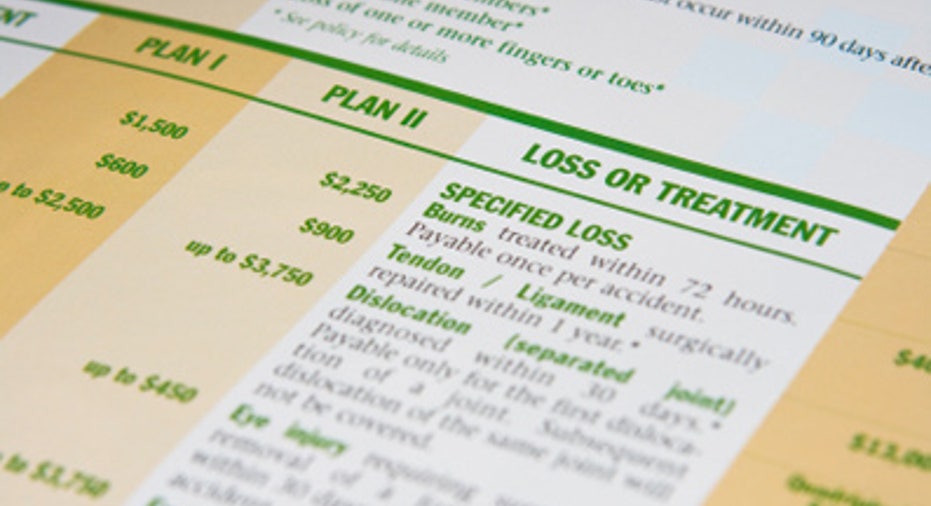5 Things to Consider Before Buying Disability Insurance

You probably have insured many things – your house, your car, your life, your family… but have you considered insuring your ability to work and earn a living?
Disability insurance pays benefits if you become disabled and incapable of providing the income necessary to take care of yourself and your family. If you do not have a group disability insurance option through your workplace, you may be forced to shop for private disability insurance to meet your needs – or you may need to supplement workplace disability insurance with a secondary policy.
In any case, you should ask a few questions before committing to a disability insurance policy.
1. Is the Policy Non-Cancellable? – A non-cancellable guaranteed renewable policy is usually preferred, because your policy cannot be canceled as long as you make your premium payments on time, and you are guaranteed the benefits and premiums that were originally agreed upon. These terms last until some set age or timeframe pre-determined in the policy.
Guaranteed renewable policies cannot be canceled if the premiums are paid, but the premiums ,may be changed with state approval if the changes are applied to an entire class.
Conditionally renewable policies are just as the name implies. The yearly renewal can be contingent on conditions set by the insurance company, and those conditions are not likely to be favorable to you. These policies may be less expensive, but you have to ask yourself whether the savings are worth the risk.
2. What are the Job Requirements for Disability Benefits? – Does disability refer to the inability to perform only your current job, or any job that you can perform given the nature of your disability? For example, a surgeon who depends on his or her hands for a living could suffer a hand injury that ends a surgical career, but allows for a desk job that pays far less.
Cheaper policies will generally have less latitude on what constitutes a disability, and may require that you take any job available – regardless of what it pays or if it relates to your past experience.
For highly compensated skilled professionals, “Own Occupation” Coverage is advisable. Own Occupation coverage narrowly defines disability as an inability to perform in your current occupation. Another option is a residual benefits rider that pays the difference between your old salary and the best salary you can obtain post-disability.
3. What Adjustments Are Included? – Even though your policy may prevent the insurance company from unilaterally making changes, you may want to pay for riders that can make positive changes to your policy.
Does the benefit package include cost-of-living adjustments? Do you have the ability to increase your coverage if you receive a raise that makes your earning power more significant (and therefore requires more coverage to replace)? Can you add a rider to include benefits through retirement?
Discuss all of your options on riders to your policy with your insurance agent and think the cost/benefit relationship over before committing to any of them.
4. What is the Elimination/Waiting Period? – Also known as the qualifying period, this refers to the period of time between a disabling injury and the first payments. This allows the insurer time to verify that the disability is real and long-term. During that time, you are responsible for the expenses (in essence, this forms a deductible for disability insurance).
Ninety days is a common term, but longer terms are available for less premium cost (and vice versa). Make sure you understand what you are responsible for in the early days of a disability and how long you are responsible for it.
5. Is There An Integration Clause? – Integration clauses may deduct your other income sources from the payment total. If your insurer is the “first payer”, they will pay you the full amount regardless of any other income stream. Ask these questions, plus any others that may come to mind, until you are satisfied that you understand and agree with the policy.
We hope that you will never need to use your disability insurance – but if you do, some advance work will ensure that it takes care of your needs in case the worst occurs.
More From Moneytips.comShort Term Disability Insurance 101Understanding the Types of Disability InsuranceSupplemental Insurance 101



















